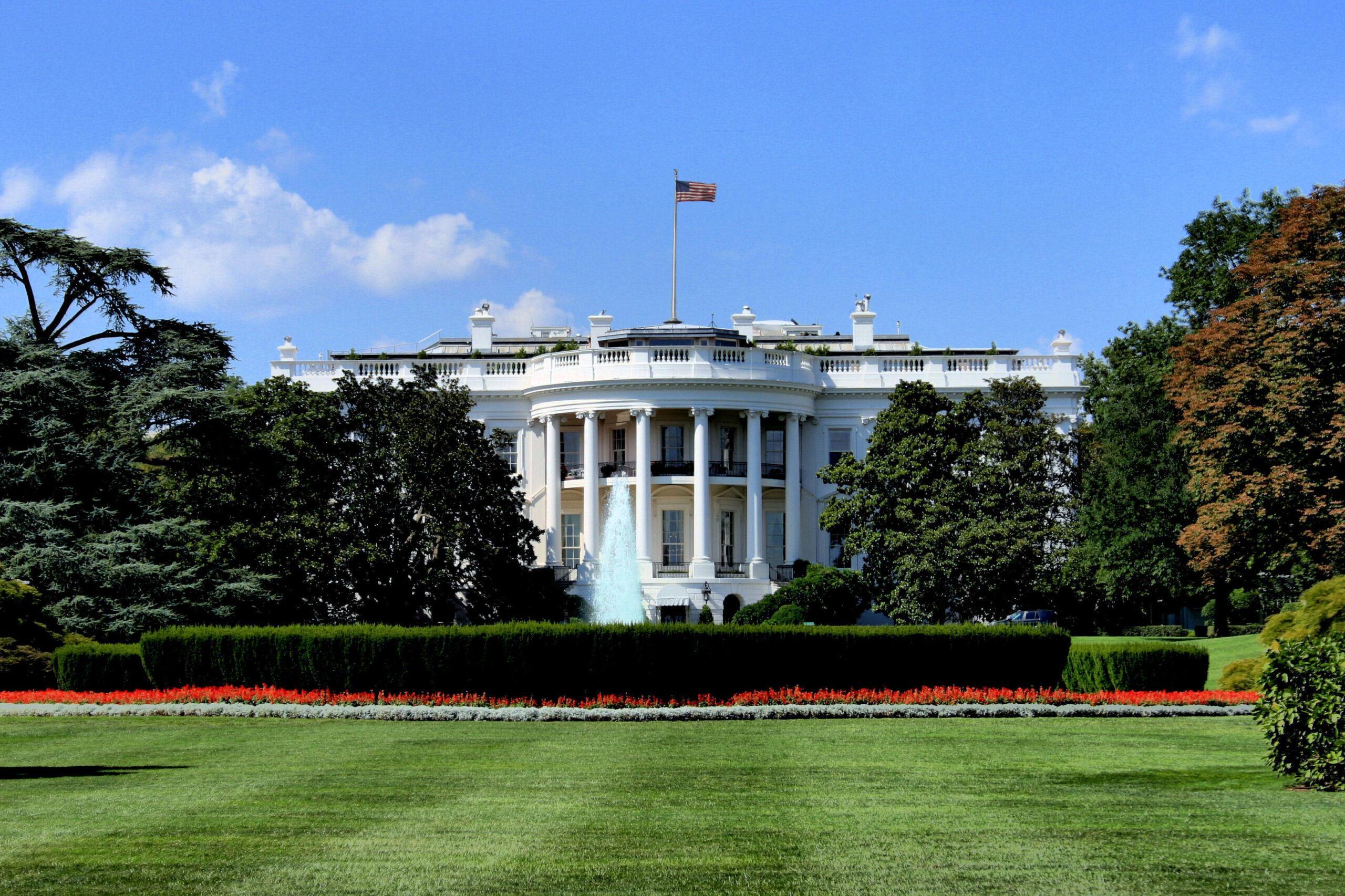
CLEANING UP COUNTERFEITS BY CUTTING THE CASH FLOW FROM ADS
It looks like IP rights holder’s may now have more recourse against the pirates and counterfeiters than a DMCA notice or the lengthy UDRP Complaint process. This week, just a month after the White House released its 2013 Joint Strategic Plan on Intellectual Property Enforcement, and with the support of the U.S. Interactive Advertising Bureau, eight U.S. companies that operate Internet advertising networks (Google, Microsoft, Yahoo!, Condé Nast, 24/7 Media, Adtegrity, and SpotXchange) announced committed to a set of “Best Practices Guidelines for Ad Networks to Address Piracy and Counterfeiting” which is intended to cut off the cash flow from online ad sales to websites engaging in copyright and trademark infringement.
The general commitment made by the Ad Networks is to:
(a) Maintain policies prohibiting websites that are principally dedicated to selling counterfeit goods or engaging in copyright piracy and have no substantial non-infringing uses from participating in the Ad Network’s advertising programs and post such policies on the Ad Network’s website;
(b) Maintain and post these best practices guidelines on the Ad Network’s website;
(c) Ad Network policies will include language indicating that websites should not engage in violations of law;
(d) Participate in an ongoing dialogue with content creators, rights holders, consumer organizations, and free speech advocates.
The commitment includes the institution of a complaint process similar to the DMCA’s “notice-and-takedown” system, whereby Ad Networks will (among other things): “Accept and process valid, reasonable, and sufficiently detailed notices from rights holders or their designated agents regarding websites participating in the Ad Network alleged to be principally dedicated to selling counterfeit goods or engaging in copyright piracy and to have no substantial non-infringing uses.” In response to such a complaint, “[a]n Ad Network may take steps including but not limited to requesting that the website no longer sell counterfeit goods or engage in copyright piracy, ceasing to place advertisements on that website (or pages within that website) until it is verified that the website (or pages within the website) is no longer selling counterfeit goods or engaging in copyright piracy, or removing the website from the Ad Network.”
Prior to this effort, while copyright owners could clean up infringing content on the Internet through the use of DMCA notices to online service providers (OSPs), and trademark owners could file UDRP complaints to have infringing domains (i.e. domain names that are the same or confusingly similar to its trademark(s)) transferred to the trademark owner, there was little recourse against websites selling counterfeit products. It will be interesting to see if these Ad Network Best Practices have any influence on the practices of the OSPs. Is there a Digital Trademark Act in our future?!
